The Connection: December 2024 Issue #53
An Interim Executive Director plays a crucial role in an organization, especially during times of transition. This person temporarily fills the leadership gap between permanent Executive Directors, often stepping in when an organization is undergoing a change, such as the departure of the former director or while searching for a new permanent hire.
Let’s break down the concept of an interim director and their responsibilities in simple terms:
What Does an Interim Director Mean?
The term “interim” refers to a temporary or short-term arrangement. An Interim Executive Director is a leader hired temporarily. He manages an organization’s executive responsibilities. They take charge until a permanent executive director is found or until certain organizational changes are completed. This is typically seen in non-profit organizations, schools, hospitals, and sometimes private companies during leadership changes.
What is the Role of an Interim Executive Director?
The role of an Interim Executive Director is to provide stability. It ensures operations run smoothly and leads the team during uncertain times. This temporary leader provides stability and leadership, ensuring operations run smoothly, even when the organization is between permanent executive leadership. Here are some common responsibilities:
- Leadership and Management: They oversee daily operations, ensure projects are on track, and make decisions that keep the organization moving forward.
- Decision Making: Interim directors are often tasked with making important decisions, including setting priorities and addressing immediate issues.
- Transition Management: A major role involves helping the organization navigate the leadership transition. It includes managing internal and external communications and sometimes even shaping the hiring process for a new permanent director.
- Team and Stakeholder Communication: They often serve as a point of contact for employees and stakeholders. Ensuring everyone stays informed about changes or ongoing initiatives is key to maintaining trust and morale.
- Financial Oversight: They are often responsible for monitoring the organization’s financial health and ensuring accurate budgets and financial reports.
- Short-Term Goal Achievement: Interim directors focus on achieving goals within their temporary timeframe. They may not have the luxury of long-term planning but must still make progress on essential projects.
What Does “Interim Job” or “Interim Position” Mean?
An interim job or interim position refers to a temporary job role. Depending on its needs, the organization hires the person filling the position for a specific duration, whether for a few months or a year. It’s an essential solution when there’s a need for leadership, but no permanent hire is yet in place.
The interim position allows organizations to avoid operational gaps while ensuring continuity. The person in the role must maintain leadership, resolve problems, and ensure progress to meet immediate needs.
Why Do Organizations Hire Interim Directors?
Organizations hire Interim Executive Directors for several reasons:
- Leadership Transition: When the previous director leaves suddenly, the organization needs someone to maintain leadership until a new permanent director is found.
- Specialized Expertise: Some organizations may need an interim director with specific skills or experience, especially during crises or strategic changes.
- Change Management: During major organizational changes, such as restructuring or new initiatives, an interim director can bring fresh perspectives and help guide the transition.
Key Characteristics of a Successful Interim Executive Director
- Adaptability: Interim directors must quickly adapt to the organization’s culture and operations. They should be ready to make decisions quickly and handle unexpected challenges.
- Strong Leadership: Since they often lead a team through uncertainty, they need strong leadership skills to guide and inspire employees, even if only temporarily.
- Problem-Solving Skills: Interim directors must be resourceful and able to tackle problems head-on, finding solutions that benefit the organization in the short and long term.
- Clear Communication: They must communicate effectively with staff, board members, and other stakeholders to maintain trust and ensure everyone is on the same page.
Conclusion
An Interim Executive Director is a vital resource for organizations during leadership change. They bring stability, maintain operations, and help the organization navigate through transitions while temporarily filling the leadership gap. Although it’s a short-term role, the impact of an interim director can be significant in ensuring the organization continues to run smoothly until a permanent replacement is found.




